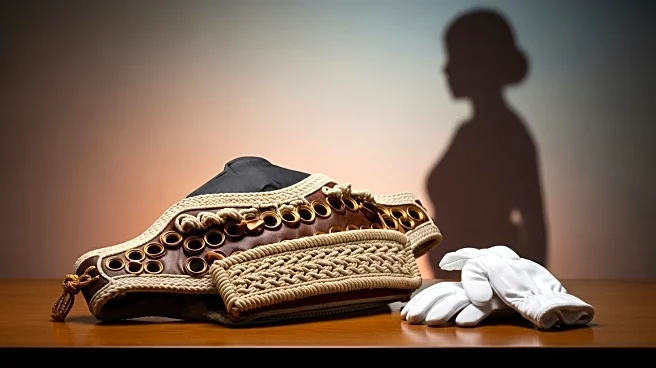What's Happening?
In Japan, women are increasingly participating in amateur sumo wrestling, challenging the traditional exclusion from the sport due to its deep ties with the Shinto religion. While professional sumo remains closed to women, over 600 female wrestlers now compete at the amateur level. The Associated Press has documented their training, including preparations for the Sumo World Championships in Bangkok, Thailand. Since 2016, Tottori Jōhoku High School has hosted training camps for girls, with participation more than doubling in recent years. Coach Nana Kakuda, a former wrestler, has been instrumental in promoting women's sumo, despite facing exclusion from national tournaments in her youth. At Keio University, women train alongside men, with Rio Hasegawa becoming the first female member since the club's founding in 1919. Despite cultural challenges, including body image expectations, female wrestlers like Airi Hisano continue to advocate for gender equality in sumo.
Why It's Important?
The growing participation of women in sumo wrestling represents a significant cultural shift in Japan, challenging long-standing gender norms and religious traditions. This movement not only promotes gender equality in sports but also encourages broader societal acceptance of women in roles traditionally dominated by men. The increased visibility of female sumo wrestlers may inspire other women to pursue sports and activities previously considered off-limits, fostering a more inclusive environment. Additionally, this change could influence international perceptions of Japanese culture, showcasing a progressive stance on gender issues.











